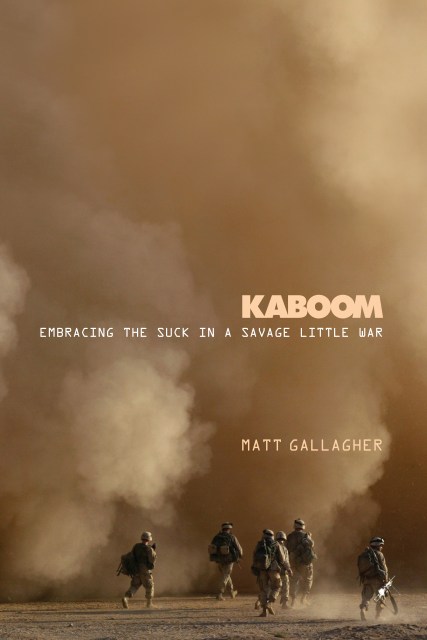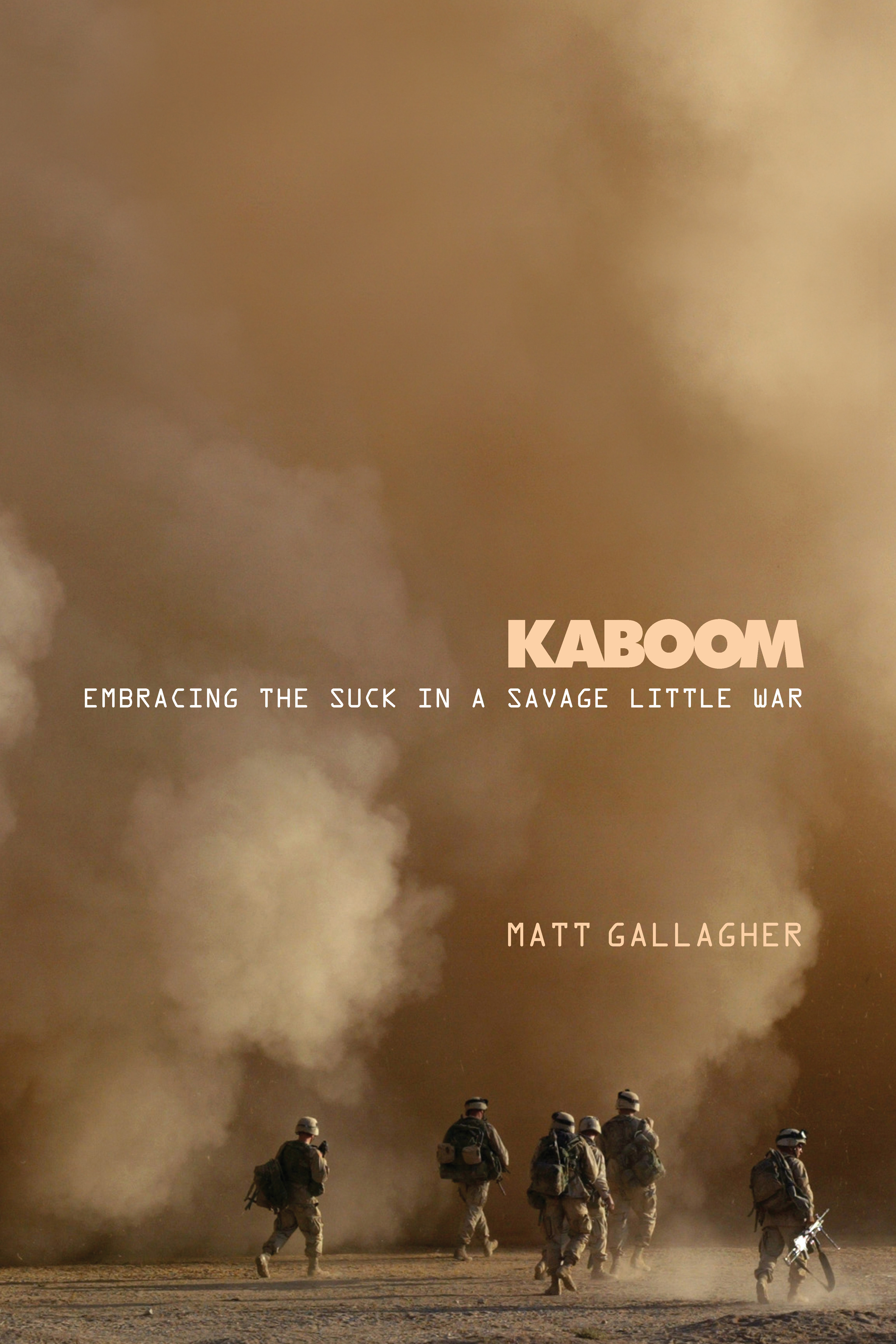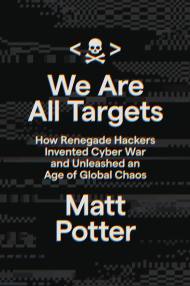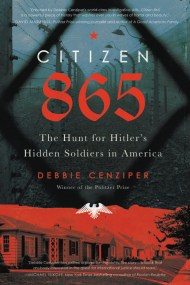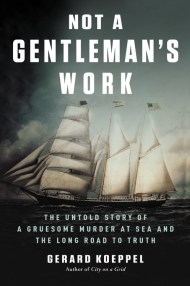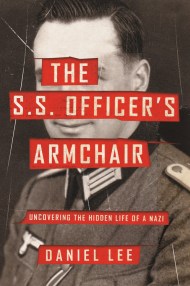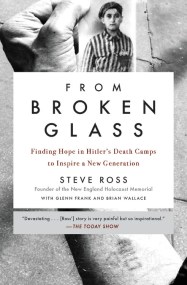Promotion
Use code MOM24 for 20% off site wide + free shipping over $45
Kaboom
Embracing the Suck in a Savage Little War
Contributors
Formats and Prices
Price
$11.99Price
$15.99 CADFormat
Format:
- ebook $11.99 $15.99 CAD
- Trade Paperback $21.99 $28.99 CAD
This item is a preorder. Your payment method will be charged immediately, and the product is expected to ship on or around March 23, 2010. This date is subject to change due to shipping delays beyond our control.
Also available from:
Genre:
- On Sale
- Mar 23, 2010
- Page Count
- 336 pages
- Publisher
- Da Capo Press
- ISBN-13
- 9780306818981
Newsletter Signup
By clicking ‘Sign Up,’ I acknowledge that I have read and agree to Hachette Book Group’s Privacy Policy and Terms of Use
